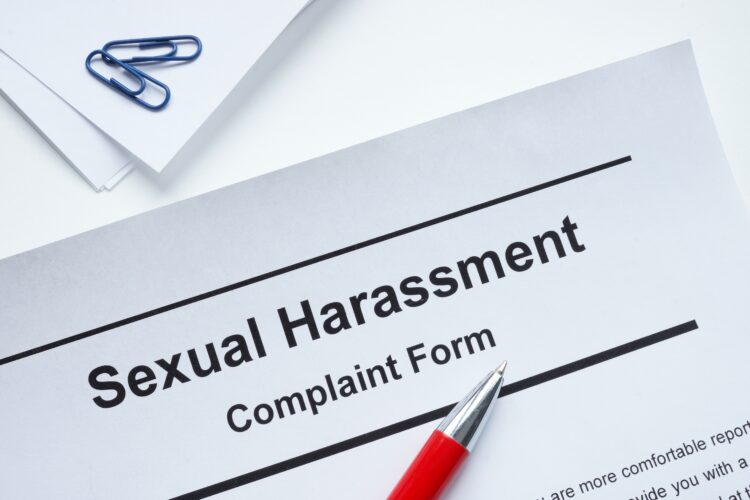The number of workplace sexual harassment cases reported to Acas has risen sharply since the Worker Protection (Amendment of Equality Act 2010) Act 2023 was introduced in October 2024.
The surge in employee calls to Acas was revealed in a Freedom of Information (FOI) request made to Acas by law firm Irwin Mitchell. Employment lawyers at the firm wanted to understand the impact of the act, which brought in a legal duty requiring employers to take reasonable steps to prevent sexual harassment.
Data shared in the FOI shows that 7,245 sexual discrimination disputes were reported to Acas in 2024, which is a 6.2 percent increase from 2023.
Within these reports to Acas, 878 (16 percent) in the last nine months mentioned ‘sexual harassment’ or ‘harassment’.
Acas said it had received 803 calls from employees about sexual harassment in the third quarter of 2024, which was a 59 percent rise compared to Q2, 2024.
Employer calls to Acas about sexual harassment also rose sharply following the introduction of the act. Calls from employers increased by 164 percent in Q4, 2024, with the number exceeding 100 for the first time.
Ahead of the act’s introduction (Q3, 2024), calls to the Acas helpline from both employees and employers were 110 percent higher than for the same period in 2023.
The proportion of total helpline calls from employees related to sexual harassment increased significantly to 0.62 percent in Q3, 2024, from 0.37 percent in Q3, 2023.
But the proportion of calls from businesses in Q3, 2024, was even higher at 0.65 percent. The data suggest that the calls from employers to Acas were more likely to be about sexual harassment compared to calls from employees.
Elaine Huttley, partner and national head of employment law at Irwin Mitchell, said: “Although the figures have increased, they are unlikely to be a true reflection of the extent of the issue of sexual harassment in today’s workplace.
“We know that, historically, sexual harassment is widespread and underreported. But the recent change in the law appears to have started to increase awareness and I wouldn’t be surprised to see these figures continue to increase until employers get a grip on the problem. Employees are beginning to understand that sexual harassment doesn’t just occur if they are touched inappropriately and can cover situations where they overhear comments of a sexual nature which, in turn, create a hostile or degrading work environment.
“It’s difficult to know what the nature of the employer-side calls were but from our experience speaking to clients, businesses are taking these new responsibilities seriously and are seeking guidance to ensure compliance.
“Our recommendation is that businesses create a culture where sexual harassment is understood to be unacceptable. This includes explaining what it is, developing a policy on sexual harassment, training managers on their responsibilities, and creating an environment where people feel safe to report incidents of sexual harassment and situations where they felt unsafe.”













